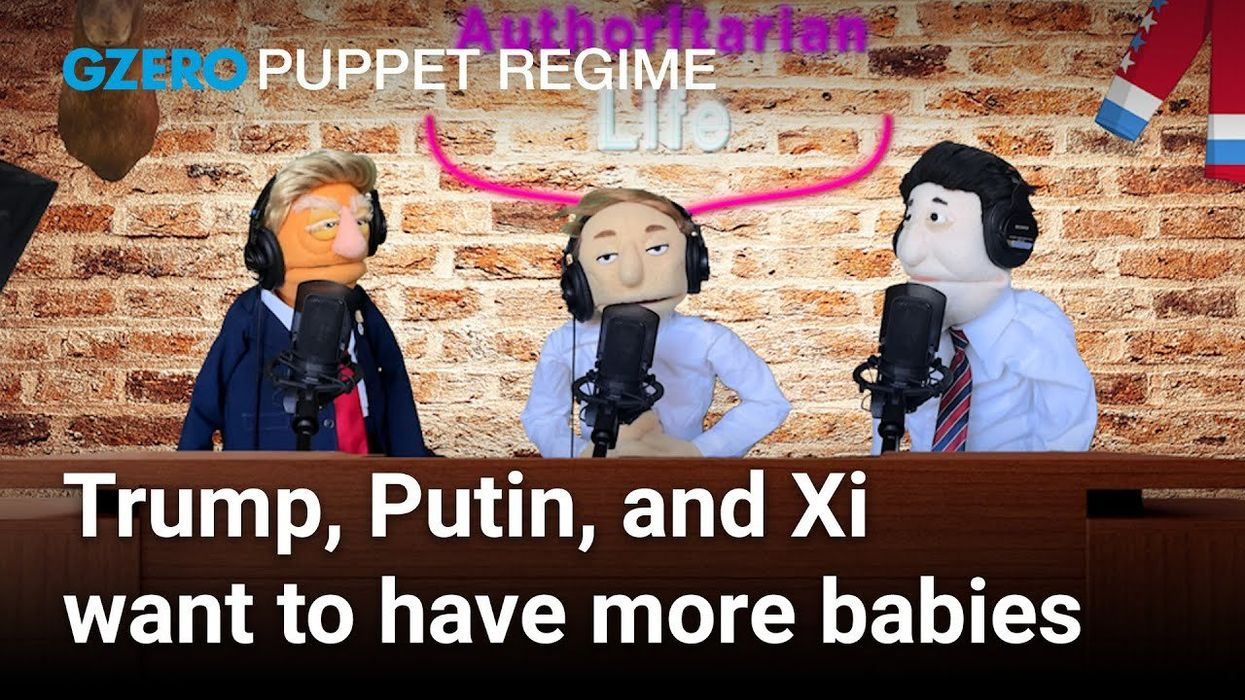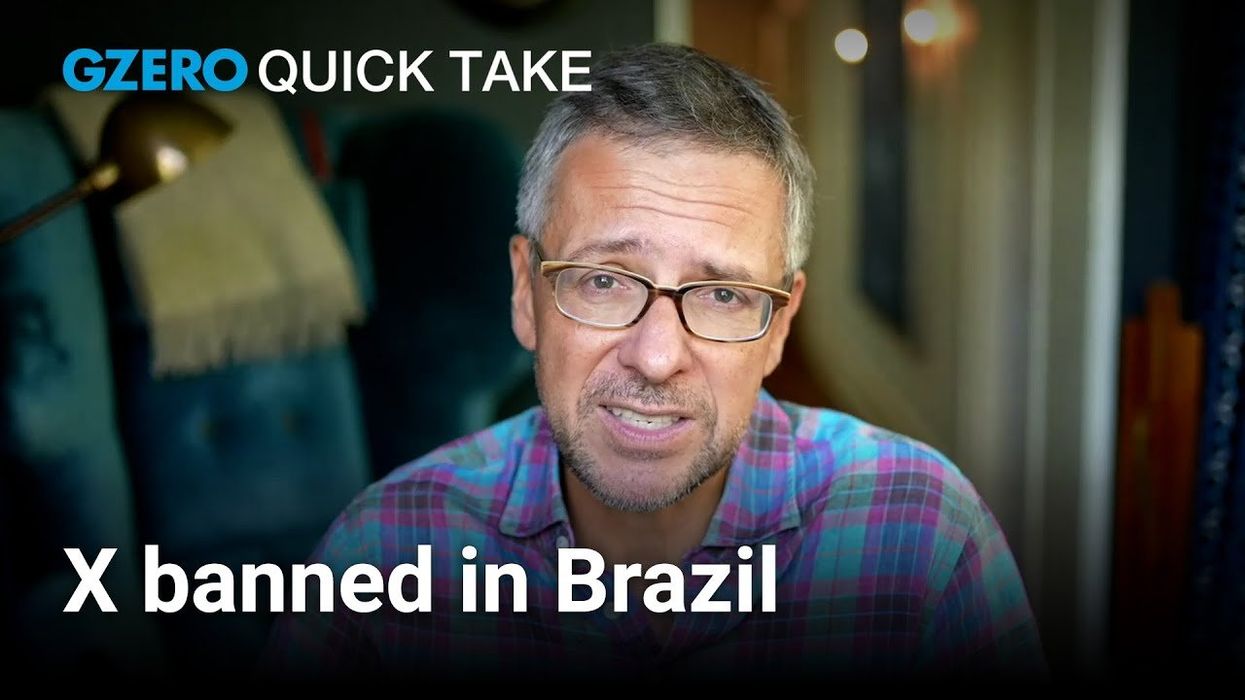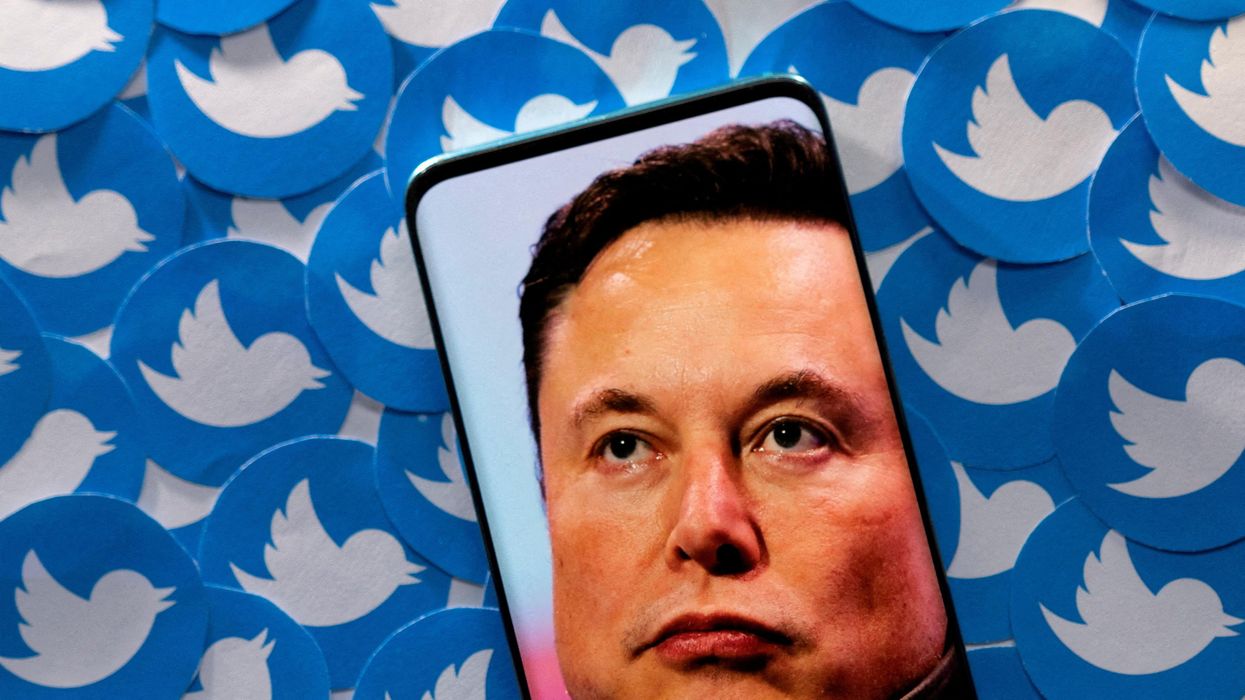Puppet Regime
Trump, Putin, and Xi want to have more babies
This week, Vladimir Putin and Xi Jinping's new podcast, This Authoritarian Life, welcomes special guest Donald Trump to talk about a very (in)fertile issue. #PUPPETREGIME
Nov 13, 2024





